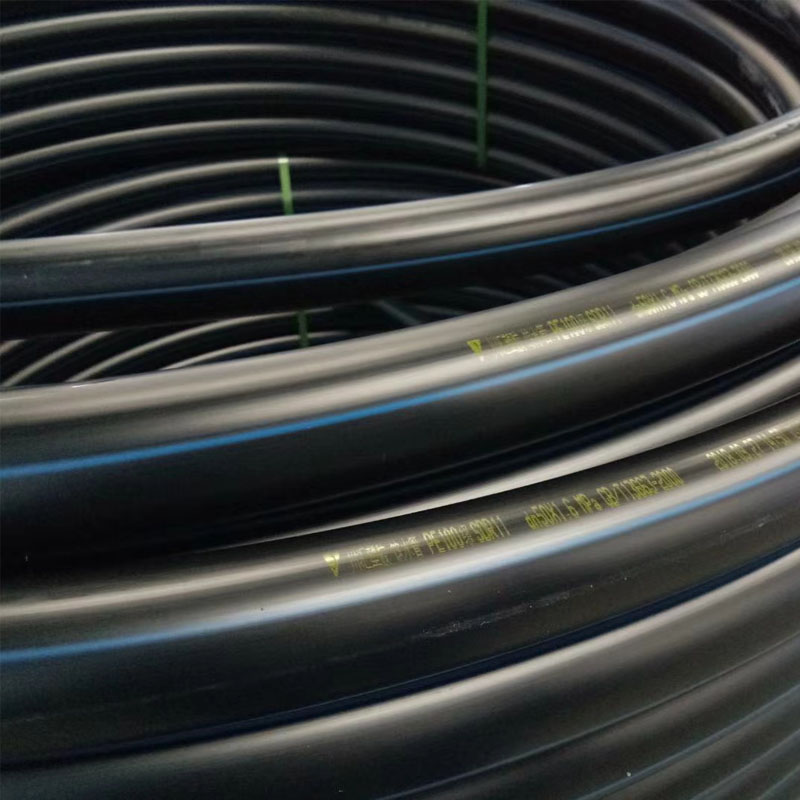Aug . 09, 2024 04:00 Back to list
High-Density Polyethylene Sprinkler Coupler for Efficient Irrigation System Connections and Durability
The Benefits and Applications of HDPE Sprinkler Couplers
High-Density Polyethylene (HDPE) has become a go-to material in various industries, particularly in agriculture, due to its durability, resistance to chemicals, and flexibility. One of the most essential products in this category is the HDPE sprinkler coupler. These couplers play a vital role in irrigation systems, ensuring efficient water delivery and contributing to the overall effectiveness of agricultural practices.
Understanding HDPE Sprinkler Couplers
HDPE sprinkler couplers are fittings designed to connect various components of an irrigation system. Made from high-density polyethylene, these couplers are engineered to withstand the rigors of outdoor environments, including exposure to UV rays, moisture, and temperature fluctuations. This durability ensures that they maintain their structural integrity over time, providing reliable service without frequent replacements.
Advantages of Using HDPE
1. Durability and Strength HDPE is known for its high tensile strength and impact resistance. This means that HDPE sprinkler couplers can handle high pressures without cracking or failing. Their robust nature makes them ideal for use in demanding agricultural applications.
2. Chemical Resistance Agriculture often involves exposure to various chemicals, including fertilizers and pesticides. HDPE’s exceptional chemical resistance ensures that the integrity of the couplers is not compromised, even when exposed to these substances. This feature enhances their usability across a variety of farming environments.
3. Flexibility and Ease of Installation One of the standout features of HDPE is its flexibility. This allows for easy installation and adjustments when setting up an irrigation system. Whether it’s for a small garden or a large agricultural field, HDPE sprinkler couplers can be easily maneuvered to fit specific configurations.
hdpe sprinkler coupler product

4. Cost-Effectiveness Although the initial investment in HDPE products might be slightly higher than that of traditional materials, the longevity and reduced maintenance costs make them a cost-effective choice in the long run. Farmers benefit from fewer replacements and repairs, which translates to savings over time.
Applications in Agriculture
HDPE sprinkler couplers are widely used in various agricultural practices
- Irrigation Systems They are essential components in both drip and sprinkler irrigation systems. By providing leak-proof connections, they ensure efficient water distribution, leading to improved crop yields and reduced water waste.
- Landscape and Turf Applications Beyond agricultural fields, these couplers are also prevalent in residential and commercial landscaping. Their flexibility allows them to be used in intricate designs, ensuring that water reaches every part of the landscape efficiently.
- Water Supply Systems In rural areas where water supply can be a challenge, HDPE sprinkler couplers facilitate the connection of water pipes, making it easier to transport water from sources to fields or gardens.
Conclusion
In an era where efficient water management is crucial for sustainable agriculture, HDPE sprinkler couplers offer a reliable solution for farmers and landscapers alike. Their durability, flexibility, chemical resistance, and cost-effectiveness make them an indispensable part of modern irrigation systems. As agriculture continues to evolve and face the challenges of climate change and resource sustainability, the adoption of HDPE products, including sprinkler couplers, will undoubtedly play a significant role in fostering more resilient farming practices. By investing in this technology, farmers can achieve better yields while promoting environmental stewardship, thus ensuring the long-term viability of their operations.
-
High-Quality PVC Borehole Pipes Durable & Versatile Pipe Solutions
NewsJul.08,2025
-
High-Quality PVC Perforated Pipes for Efficient Drainage Leading Manufacturers & Factories
NewsJul.08,2025
-
High-Quality PVC Borehole Pipes Durable Pipe Solutions by Leading Manufacturer
NewsJul.08,2025
-
High-Quality PVC Borehole Pipes Reliable PVC Pipe Manufacturer Solutions
NewsJul.07,2025
-
High-Quality UPVC Drain Pipes Durable HDPE & Drain Pipe Solutions
NewsJul.07,2025
-
High-Quality Conduit Pipes & HDPE Conduit Fittings Manufacturer Reliable Factory Supply
NewsJul.06,2025

